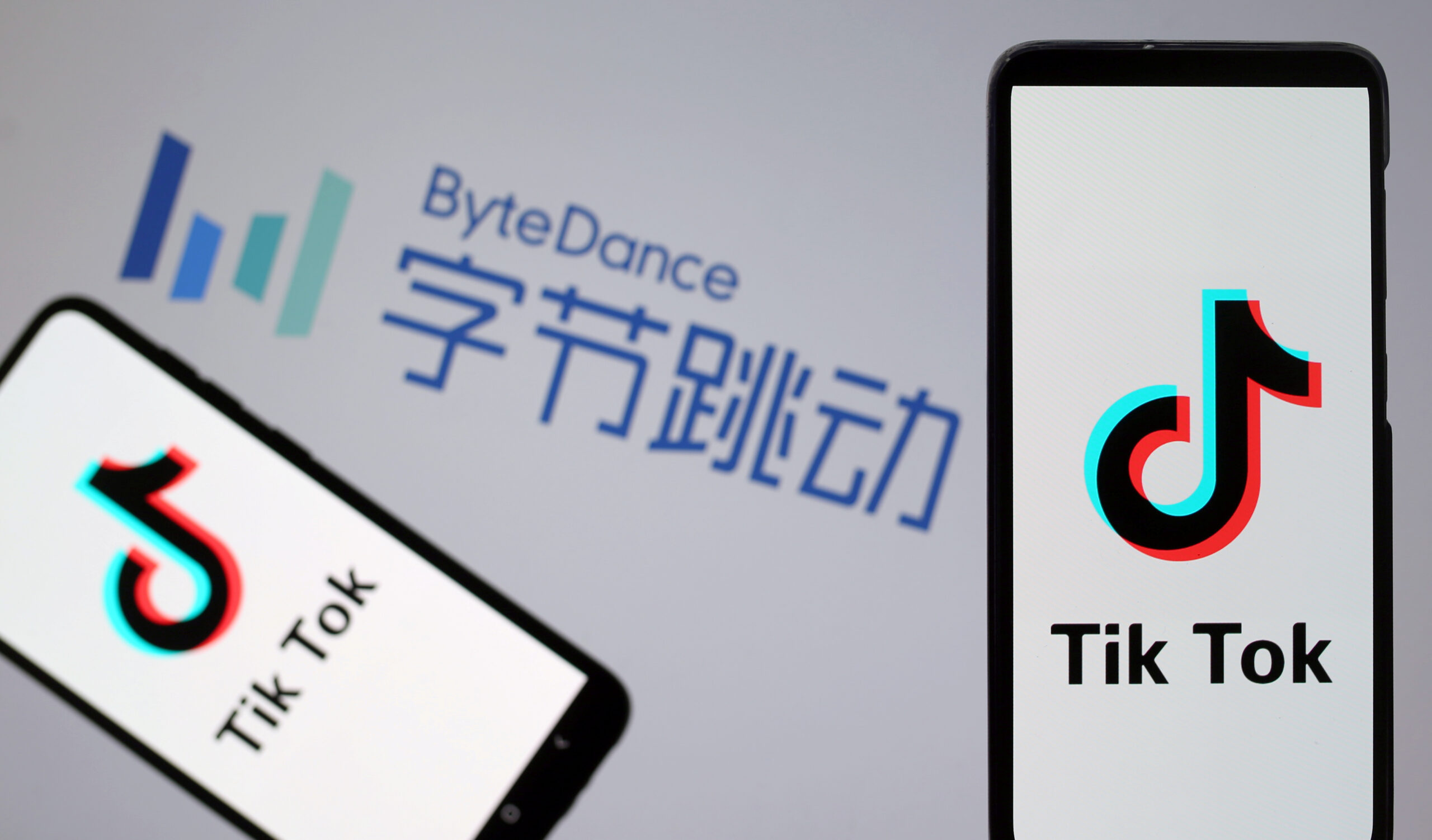The Chinese parent company of TikTok, ByteDance, is expanding its operations into biology, chemistry, natural sciences, and pharmaceuticals.
The Beijing-based tech company is hiring American talent in computational biology, quantum chemistry, molecular dynamics, and physics for its “AI for Drug Design” and “AI for Science” teams. ByteDance is reportedly hiring for a minimum of 17 of these roles in Washington, California, and New York, going after regional competitors like Meta, Google, and Amazon that are already doing comparable work.
On one of their job postings, the AI for Drug Design team stated that it wants to “revolutionise drug discovery.” The team admitted to be committed to advancing the field of artificial intelligence (AI)-driven drug design by taking on challenging problems in computational protein design, molecular conformation analysis, and protein structure prediction. They want to speed up drug discovery and significantly improve global healthcare by fusing their love of scientific brilliance with the revolutionary potential of artificial intelligence.
Listings for research scientists in computational biology and quantum chemistry in Seattle state that ByteDance’s AI for Science group “has been focusing on tackling challenges in natural sciences, including biology, physics, and materials.” Additionally, the advancement of “free energy methodologies” and the pursuit of “novel strategies for computer-aided drug discovery” will fall within the scope of the molecular dynamics interns in New York.
According to the listings, all employees will “co-create a future” with ByteDance. The next curiosity that comes to mind is why ByteDance would take this turn.
Read also: TikTok eliminates 1.4 million Nigerian videos in Q3 2023
Why is AI for drug design important?
If various quality assurance procedures in the pharmaceutical industry are to become more accurate and efficient, the incorporation of artificial intelligence (AI) into drug discovery is a must. Through the use of computer vision algorithms for automated detection, artificial intelligence (AI) aids in the detection of defects, contamination, and inconsistent packaging. This ensures that pharmaceuticals meet high standards of quality.
AI systems assess data collected by manufacturing equipment sensors to offer strategies for predictive maintenance, which in turn decreases production downtime and avoids equipment failure. Artificial intelligence (AI) aids in fraud detection by analysing distribution and sales data to identify suspicious patterns, thereby safeguarding the safety and security of drug distribution networks.
Artificial intelligence (AI) for drug repurposing offers a practical way to find new therapeutic applications for existing medications. By doing so, we can find new uses for existing pharmaceuticals while simultaneously reducing the time and money needed for traditional drug development.
New therapeutic opportunities can be discovered by using artificial intelligence (AI) algorithms to analyse massive datasets of disease and drug information for patterns and correlations. In addition, by enabling the study of intricate interactions among pharmaceuticals, targets, and diseases, AI-driven network pharmacology opens up new avenues for existing medications.
Artificial intelligence’s powerful analytical abilities are crucial for studying complicated diseases that may necessitate the use of multiple medications, including the analysis of drug combinations. By predicting the synergistic effects and determining the optimal dosage for various medication combinations, AI helps in the development of more effective treatment plans.
Artificial intelligence (AI) aids in the personalisation of medication combinations by taking into account the distinct genetic and molecular traits of each patient, leading to better treatment results and patient satisfaction.
The value of AI-driven medication discovery as a patient classification tool is demonstrated in patient stratification. It makes it easier to find subsets of patients with shared characteristics and disease patterns. Through the use of biomarker identification and predictive modelling, AI assists healthcare providers in customising treatment approaches. The result is better patient outcomes and a higher success rate for drug development.
The use of AI in science
Without human intervention, AI models can learn intricate scientific ideas like the elements’ periodic table. Future discoveries can be guided by the capacity to develop autonomous knowledge, which is embedded in past publications.
It is beyond the capabilities of a human to sift through all these different fields of study and scholarly articles in search of commonalities and new hypotheses. A.I. “co-pilots” could scour scholarly articles, raw data, pictures, and experimental lab results for buried information, formulate a hypothesis based on that information, and then submit it to human experts for review. Because of this, AI models need to come up with theories that aren’t explicitly stated in the literature but are instead hinted at or suggested.
These difficulties are what separate average scientists from great ones and take up the vast majority of a scientist’s time. We envision a future where scientists devote less time to mundane laboratory tasks and more to directing, accessing, and assessing AI hypotheses, as well as directing AI models towards their beloved research inquiries.
Given this potential AI presents, it could be a smart move on the part of ByteDance to delve into the evolving technology and be up-to-date with the trend.




